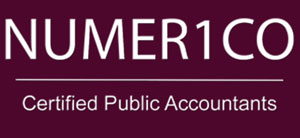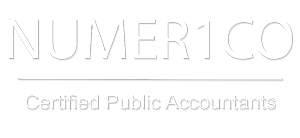Mortgage Pre-Approval – What You Need To Know
If you have ever contacted a realtor to look at a home they probably asked you if you had a mortgage pre-approval. But what is a pre-approval and how does it help you? Today we will breakdown a bit about the process and how it works!
What You Need To Know About Mortgage Pre-Approval
This is the process of a loan officer looking at your finances. They will ask you for a lot of information. This usually includes income, debt, assets, work history and credit score. This will help them to determine how much money you can spend on a house, what loan you will qualify for and what your interest rate may be. The bank or officer will also be able to estimate what your monthly payment may look like if you borrow the amount you are qualified for. Once you are pre-approved they will give you a letter to show your realtor and the seller of the home you make an offer on.
Information Needed For A Mortgage Pre-Approval
The bank or lender you are working with will likely need the following information or items from you in order to get you pre-approved:
- License, passport or state ID
- Social security number
- Employment information for the last three years
- Quarterly statements showing any assets you have such as mutual funds or an IRA
- Pay stubs from the last thirty days or more
- W2’s or tax returns from the last two
- Bank statement showing you have enough money in your account to cover closing costs and your down payment
Mortgage pre-approvals don’t take very much time. Once all of your information and identification has been given, it should only take a day or two. Some things that may slow down the process are poor credit, past foreclosures or a compromised identity.
When Is A Good Time To Think About Getting Pre-Approved?
Most real estate agents will require you to have a letter of pre-approval to work with you. So it is smart to get pre-approved once you are ready to shop! There are a few personal qualifications we suggest you follow before you buy a home.
- Eliminate credit card debt
- Have an emergency fund saved up in addition to the savings you need to close on your new home
- Have a down payment of at least 5% to qualify for a conventional mortgage, but 20% or more is best
- Your income is high enough that your new house payment is 30% or less of your take home pay
In Closing
Keep in mind that your pre-approval letter will expire in 60-90 days. It is good to ask your lender questions about this so you understand everything you can about the buying process. In addition, keep in mind it is good to hire a lender the same way you would any other salesperson or service professional. Ask a trusted source for a referral and shop around for the best loan rates!



